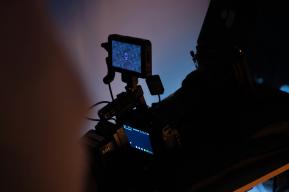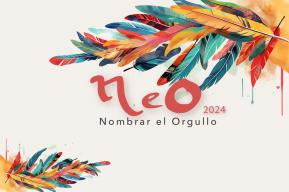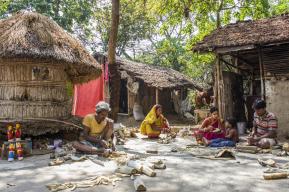Project
Smart Cultural Tourism as a Driver of Sustainable Development of European Regions - SmartCulTour

Project duration: 01-01-2020 – 30-06-2023 Key figures: 6 Living Labs | 10 Partners
Sustainable cultural tourism policies can significantly support the development of the European regions. Cultural tourism, especially in rural areas as well as in urban periphery, can emerge as a factor of economic growth. The EU-funded SmartCulTour project intends to redefine the concept of cultural tourism to provide European regions with strategies that engage stakeholders in co-creating smart cultural tourism practices. The project will develop a decision-support system that will extensively monitor the regions through a combination of traditional and non-traditional data sources. Inclusive desk research will find which sustainable cultural tourism policies have a positive impact and will formulate proposals for eventual local interventions. The project will be deployed through field tests in 6 living labs.
The objectives of the labs are to set up a community of practice and create a bi-directional flow of information between multi-actor communities, develop capacities, identify successful practices and provide input and feedback, as well as testing and trialing the SRT framework (WP4), the SmartCulTour Game (WP7) and the SmartCulTour Platform (WP5). Specifically, the Labs will:
- Provide a structure and design protocols to engage multiple stakeholders, representing different perspectives and interests;
- Raise awareness and develop capacities of stakeholders for the implementation of relevant international standards, using methodologies and tools developed within the framework of UNESCO;
- Assist the co-creation of the context-specific SRT frameworks, the SmartCulTour Game and Platform, through dialogue, reflection and learning;
- Provide, discuss and evaluate the state-of-the-art of cultural tourism interventions in Europe (WP3);
- Remove major barriers for the uptake of potentially successful cultural tourism interventions;
- Measure the effects of cultural tourism and cultural tourism interventions on sustainability and resilience, via the SRT framework.
Living Labs
1. Rotterdam Metropolitan Region – the Netherlands
2. The Scheldeland region in Flanders – Belgium
3. Utsjoki municipality in Lapland – Finland
4. Huesca province – Spain
5. City of Split Metropolitan area – Croatia
6. Vicenza – Italy
Website
Social Media
Twitter: https://twitter.com/SmartCulTour
Facebook: https://www.facebook.com/smartcultour/
Instagram: https://www.instagram.com/smartcultour/
Youtube: https://www.youtube.com/channel/UC4iI2-i6D2Yak1fFGU8RbGA





